In an era where digital ads and influencer campaigns are everywhere, many shoppers still turn to a more traditional and reliable source of information: word of mouth. For local mobility and daily living aid retailers, personal recommendations can make the difference between browsing and buying. Understanding how this trusted form of marketing shapes behaviour is key to standing out in a competitive market.
Why Word of Mouth Still Works
Trust remains the foundation of every sale—and personal recommendations continue to outperform most other forms of advertising. According to Nielsen’s latest UK data, 88% of people trust suggestions from friends and family over paid advertising (Nielsen, 2021). This trust is especially critical in sectors like health, mobility, and ageing, where shoppers are often cautious and looking for solutions that genuinely improve their quality of life.
When it comes to daily living aids, function and safety are top priorities. A testimonial from someone who has used a product and found real benefit — whether it’s from a neighbour, a carer, or a trusted staff member — carries more weight than any display ad ever could.
Recommendations That Convert
Word of mouth doesn’t just build awareness — it directly influences action. Research by McKinsey shows that word-of-mouth marketing accounts for 20% to 50% of all purchasing decisions (McKinsey, 2010). Even more compelling, customers are four times more likely to buy a product when it’s recommended by a friend or peer.
In the UK, especially in close-knit towns and ageing communities, those conversations often happen naturally: in the shop, at the pharmacy counter, or during home visits. When customers experience first-hand the benefits of products like the Uccello Kettle or Uccello Grip Mat, they’re more likely to share that story. And those stories drive sales.
Empowering Advocacy in Your Store
Retailers can make the most of word-of-mouth by turning happy customers into active advocates. Here’s how:
- Request Reviews and Feedback: Follow up post-purchase with a simple request. People who feel their lives have been made easier are often happy to share—they just need to be asked.
- Train Staff to Listen for Wins: If a customer says, “This kettle has changed my mum’s life,” that’s your opening. With their permission, turn that into a short testimonial.
- Use In-Store Prompts: A small sign saying, “Love your Uccello Kettle? Tell a friend,” can help spark word-of-mouth without being intrusive.
- Share Real-Life Stories: Whether on a printed poster or your store’s Facebook page, authentic experiences resonate deeply with others who are shopping for loved ones.
Why It Matters More Than Ever
Today’s ageing population is more informed than ever. Many older shoppers arrive already knowing what they want—they just need reassurance that it will work for them. That final layer of trust often comes from hearing how a product helped someone else in a similar situation.
Creating a store environment that encourages conversation, connection, and confidence can turn a curious browser into a loyal customer.
Trust Is Still Your Best Sales Tool
While digital marketing can raise awareness, word of mouth builds confidence. For retailers in the UK mobility and daily living aids space, your most powerful asset is customer trust. By prioritising service, satisfaction, and storytelling, you can harness the timeless value of recommendations to grow your business—one meaningful conversation at a time.







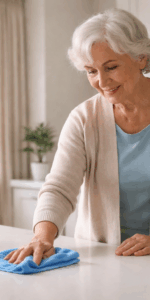
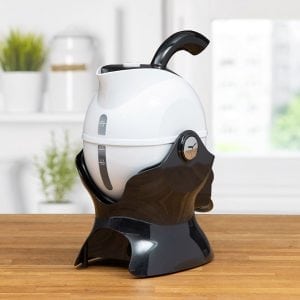
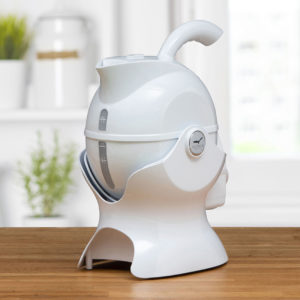
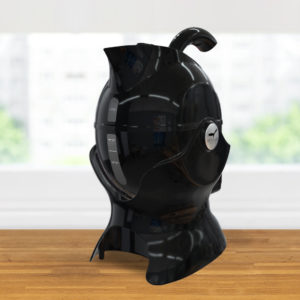
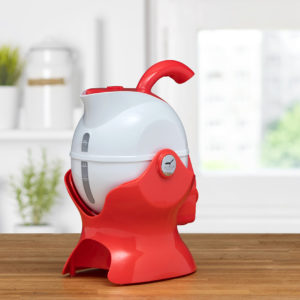

Leave a Comment